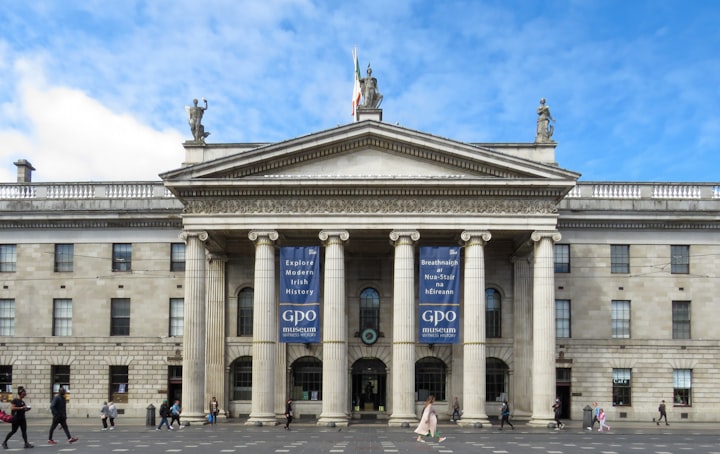
General Pervaiz Musharraf
General Pervez Musharraf, the former President and Chief of Army Staff of Pakistan, passed away on August 13, 2016, at the age of 71. The news of his death was received with mixed emotions as he was one of the most controversial figures in Pakistani politics. Some considered him a brave and charismatic leader who brought stability to the country, while others saw him as a power-hungry dictator who violated the constitution and committed human rights abuses. In this blog, we will take a look at his life and legacy, exploring both his accomplishments and shortcomings as a leader.
Pervez Musharraf was born on August 11, 1943, in Delhi, India. He belonged to a well-educated family and received his early education in Pakistan. He went on to join the Pakistan Military Academy in 1961 and was commissioned as an officer in the Pakistan Army in 1964. Over the years, he rose through the ranks and became the Chief of Army Staff in 1998.
Musharraf first came to prominence in 1999 when he staged a military coup against Prime Minister Nawaz Sharif. The coup was a response to Sharif's attempts to dismiss Musharraf as Army Chief and was widely supported by the military and the general public. Musharraf took over as Chief Executive of the country and established a military-backed government. He promised to restore stability and bring reforms to the country, which was facing numerous economic and social problems.
In 2002, Musharraf held a nationwide referendum to seek public support for his government. The referendum was widely seen as a sham and was criticized by opposition parties and international organizations. However, it did give Musharraf the legitimacy he sought, and he went on to win presidential elections in the same year.
During his presidency, Musharraf made several efforts to modernize Pakistan and bring it in line with the rest of the world. He launched a series of reforms aimed at improving the economy, strengthening the justice system, and fighting corruption. He also took steps to improve the country's infrastructure, including the construction of new highways, airports, and ports.
Musharraf also played a significant role in the War on Terror, following the September 11 attacks in the United States. He was one of the first Muslim leaders to offer his support to the United States in its fight against terrorism, and he provided crucial support to the American-led coalition in Afghanistan. This earned him praise from the international community, but also drew criticism from some quarters who felt that he was compromising Pakistan's independence and sovereignty.
However, Musharraf's presidency was not without controversy. He was accused of violating the constitution, suppressing the media, and violating human rights. He faced criticism for his handling of the conflict in Kashmir and for his support for the Taliban in Afghanistan. He was also accused of corruption, nepotism, and suppressing dissent.
In 2007, Musharraf faced increasing opposition from opposition parties and the media. He declared a state of emergency and imposed martial law, citing a need to maintain stability and fight terrorism. However, his actions were widely criticized, and he faced widespread protests and opposition. He resigned as President in August 2008 and went into self-exile in London.
In his later years, Musharraf faced legal challenges and was charged with treason, murder, and other crimes. He returned to Pakistan in 2013 to contest the general elections, but was disqualified by the courts. He faced several health issues and was hospitalized several times before his death in 2016.
In conclusion, General Pervez Musharraf was a complex and controversial figure in Pakistani politics. He was seen as both a hero and a villain, depending on who you ask. On one hand, he brought stability to the country and made efforts






Comments
There are no comments for this story
Be the first to respond and start the conversation.